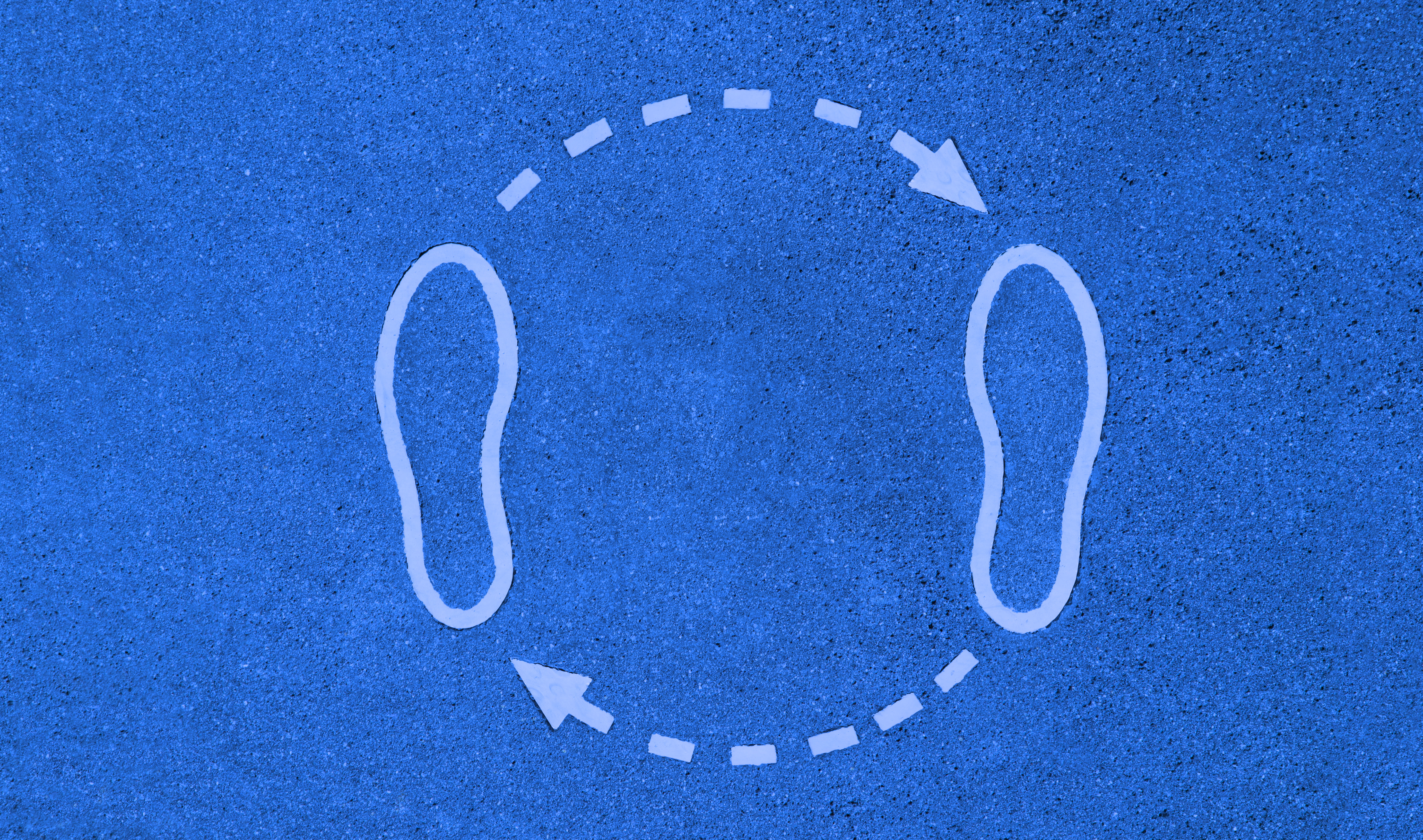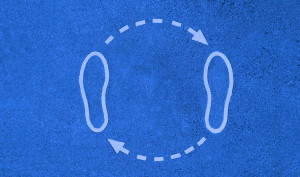
Are You On The Hedonic Treadmill?
What, you may ask, is a hedonic treadmill??!! I first heard the term from Ronald Seigel, Psy.D., at a conference put on by Harvard Medical school on positive psychotherapy and resilience. I’m sure you have heard the terms hedonism and hedonist, the pursuit of and the person who prioritizes pleasure. A hedonist will pursue pleasure at all costs, since that is the center of their thinking and what drives them. Most people don’t readily identify as a hedonist, even if they acknowledge that they like to gratify their needs. And yet, more and more people are on what psychologists call the “hedonic treadmill.”
Imagine running on a treadmill. You work hard but never quite get anywhere. People today want to feel good, to have a sense of wellbeing. But often they think that this comes from possessions, status relationships, career advancement, money, and the trappings of success. So many people are striving for these items in the hope that then they will be happy. What happens? You work hard, achieve your goals, and in fact you do get a rush of adrenalin, a shot of happiness. But this does not last. Instead those feelings diminish. You habituate to that level of “wellbeing” and no longer feel satisfied.
When this happens you think you need to do more, strive more and work more to try to get that feeling again. So you get back on the treadmill. Or you may find that most times you never actually get off.
But there is another way! Science is unlocking the key to lasting wellbeing and happiness. It just requires a shift in perspective.
There are many current studies showing that mindfulness actually creates and maintains wellbeing and a sense of happiness. Mindfulness is simply being present in the moment and giving activities you do your full attention. This you can do throughout your day. It doesn’t require money, status or power. You don’t have to work harder at your work, buy more stuff, be a better _______ (fill in the blank), do more exercise or go to more parties. You just have to be present.
As easy as this might sound and elementary (It’s like the age old quote, “Stop and smell the roses.”) for those who have tried it I am sure you have found out how truly difficult it can be. Most people are so conditioned by the world we live in and their adaptation to it that this is truly a difficult perspective to embrace and adopt. But you used to be very mindful at one time. You did consistently deal with life this way, if you can remember.
You lived like this as a child, approaching each day as it came to you, experiencing life, using your senses, in tune with the experiences of the world as they came your way. If you study children you can see how this is their natural state. This mindfulness was a part of you, until you adapted to the demands of the world you live in.
I am going to be writing more on mindfulness and techniques on how to achieve it. But for now I’d like you to do a few things to help get on track.
1) Look at your life and see if you are on the hedonic treadmill. Be honest. If you need more than you currently have before you “will be happy” the answer is yes.
2) Ask your self if you are detached or are you able to be in the moment, giving something or someone your full attention.
3) Study a child and see how they interact with the world. Be inspired by them and their natural affinity to happiness and wellbeing.
4) When you want to reconnect and slow down, breathe deeply and let go of your thoughts for a few moments. Just be.





